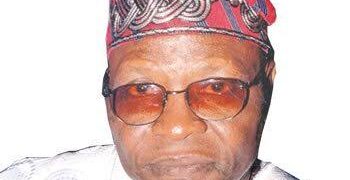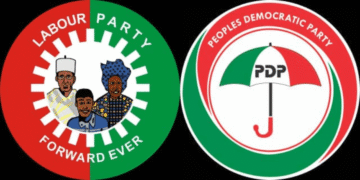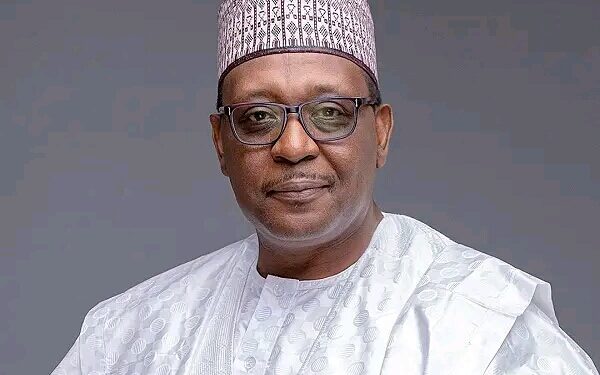By Anthony Idialu Ehon Ph.D.
Over the last three years (2022–2024), Nigeria’s public investment in health care has seen both progress and persistent challenges. With the country’s commitment to achieving Universal Health Coverage (UHC) by 2030, tracking the government’s budgetary trends and funding performance for the health sector has become increasingly important. UHC seeks to ensure that all individuals and communities receive the health services they need without suffering financial hardship. However, Nigeria’s health financing remains under significant strain, impacted by economic volatility, rising population demands, and structural inefficiencies in the health system.
From 2022 to 2024, the Federal Government of Nigeria allocated an average of 4.5–5.2% of the national budget to health, significantly below the 15% Abuja Declaration target. In 2022, the health sector received about ₦711 billion (4.2% of the total budget), which increased slightly to ₦826 billion in 2023 (4.9%). By 2024, allocations rose to approximately ₦950 billion (5.2%), showing modest growth. While this upward trend is a positive signal, the proportion remains inadequate for a health system grappling with underfunded infrastructure, workforce shortages, and high out-of-pocket expenditure.
Although budgetary allocations improved nominally, the actual releases and implementation of funds often fell short. Data from civil society budget tracking initiatives and Ministry of Health reports revealed that recurrent expenditures such as salaries were prioritized, while capital budgets for primary health care infrastructure, equipment, and community-based health interventions suffered delays or non-implementation. This trend limits the expansion of essential services and weakens the resilience of health facilities, especially in rural and underserved areas.
Nigeria’s heavy reliance on donor-driven health programs for key areas like immunization, HIV/AIDS, and malaria remains a critical vulnerability. From 2022 to 2024, while external financing filled crucial gaps, it also exposed systemic dependence that hampers long-term sustainability. Domestic revenue mobilization for health has not significantly improved, with the Basic Health Care Provision Fund (BHCPF) – a key UHC mechanism – receiving partial and delayed funding. These bottlenecks reflect limited political will and competing fiscal priorities, particularly in election cycles and economic downturns.
The investment trends over the three-year period did little to close equity gaps in health access. Northern states, conflict-affected areas, and rural communities continued to report limited access to skilled birth attendance, immunization, and basic emergency services. Without significant investment in community-based health delivery systems, Nigeria risks widening health inequalities. For UHC to be meaningful, strategic investments must prioritize pro-poor, gender-sensitive, and geographically equitable service delivery, beyond urban tertiary facilities.
Although some progress was made in health insurance expansion through the National Health Insurance Authority (NHIA) reforms, coverage remained below 10% of the population as of 2024. States’ adoption and implementation of the BHCPF varied, with a few like Lagos, Kaduna, and Osun making headway while others lagged due to political and technical challenges. The window to achieve UHC is narrowing. Without transformative reforms in health financing – including pooled risk mechanisms and strategic purchasing – the current trajectory may fall far short of the 2030 target.
To reverse the trend, Nigeria must increase public health expenditure to at least 10% of its national budget by 2026, improve timely release and utilization of allocated funds, and institutionalize accountability through civil society oversight. Strengthening state-level capacity to implement health insurance schemes, expanding BHCPF coverage, and investing in health workforce development are also urgent priorities. Meeting UHC targets is not just a policy ambition, but a national imperative tied to Nigeria’s broader development and human capital goals. A well-financed and equitable health system is the foundation for resilience, prosperity, and social justice.
*Anthony Idialu Ehon PhD,
Monitoring, Evaluation, Learning,
Specialist & Health Economist
Writes from Abuja









































